Just over two months after the funeral of John McCain, in what was likely the greatest moment of bipartisanship in years, post midterm elections show that this spirit of national unity seems more bygone than ever.
The line weaving through the serpentine in front of the Capitol Building seemed endless. With thunder rumbling in the distance, the crowd shuffled slowly forward. A rain shower would have been a relief. While some came in sleeveless shirts with basketball shorts, many others arrived in their Sunday best or formal military attire.
David Alvarez, a Marine Corps veteran who served two tours in Vietnam, seemed unconcerned by the swelter, stating plainly, “I just want to honor John McCain.”
The crowd had gathered this summer day, Aug. 31, to pay respects to Senator John McCain, who lay in state under the Capitol Rotunda. Alvarez, a Mexican-American and a former Capitol Police officer, exemplified the diversity of the crowd. “Even though [McCain’s] a Republican, and I’m a diehard Democrat, I’m here to honor him.”
Few have had the honor of laying in the Capitol building, including former presidents Ronald Reagan and Gerald Ford, Senator Daniel Inouye, Reverend Billy Graham, and civil rights icon Rosa Parks.
Republicans and Democrats have been unable to cooperate on major issues, such as immigration, health care, and tax reform. Yet officials from both parties were able to look past differences in memorializing Senator McCain.
Alvarez was not alone as he stood in defiance of the sun. Former Marine Major Richard Gray waited patiently in his crisp, starched dress uniform with a high-cut regulation haircut. “I thought I should at least be in my service uniform, in terms of offering that bit of respect for his service to our country as a military person and as a senator.”
But for Gray, the events of that day were about far more than John McCain. To him the senator represented a by-gone era that he pined for.
“I hope that a lot of folks who are seeing this and hearing these stories are understanding the true essence of what the United States is about,” he lamented. “I just hope that some of the younger senators take that to heed and get past the partisanship and do the things that we need to do, the rights things we need to do for the country, we really need to come together.”
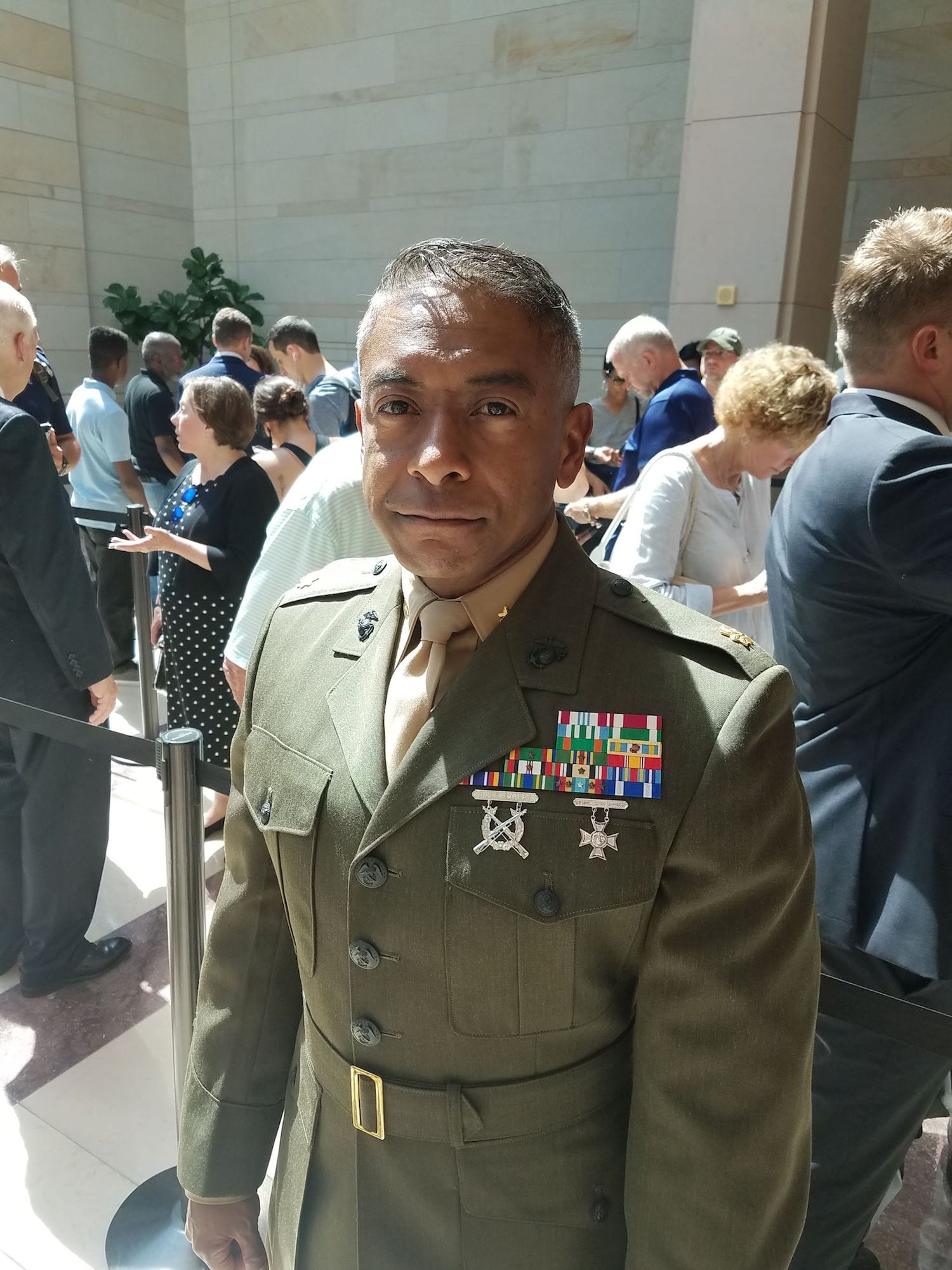
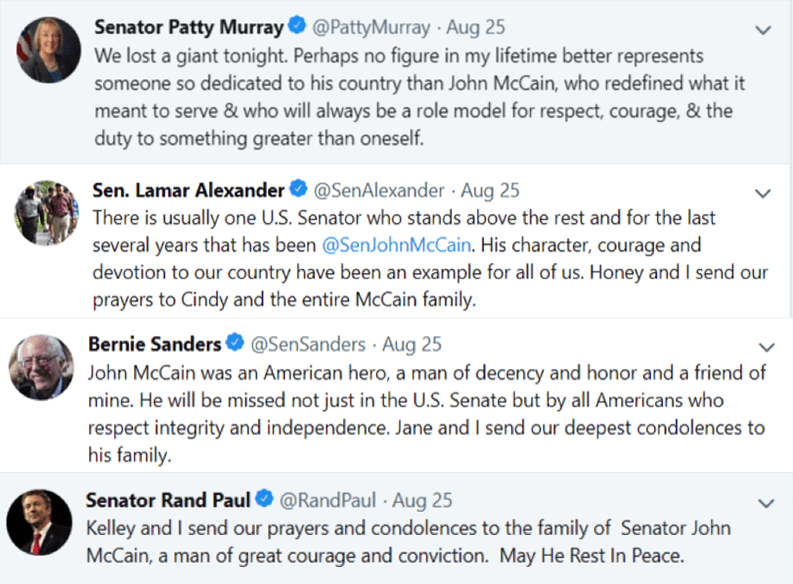
The funeral service itself was a display of bipartisanship, with a who’s who of statesmanship lined up to pay their respects. However, what was likely the biggest moment of bipartisanship since the 2003 vote on the Iraq War, proved short lived. By Veterans Day 2018, just over two months after his funeral, this spirit of national unity seems more bygone than ever.
Supreme Court Justice Brett Kavanaugh’s confirmation process was bruising and highly divisive, as both politicians and the American people disagreed over the credibility of sexual assault allegations along party lines. The 2018 Midterm Elections saw the Democratic Party gain control of the U.S. House of Representatives, while Republicans expanded their Senate majority, setting the stage for even more partisan conflict. President Trump, a divisive figure in his own right, has vowed to take a ‘warlike posture’ against House Democrats if they investigate his financial and political dealings.
And even in the entertainment industry, tribalism has crept its way in, with Kanye West, Taylor Swift, and Colin Kaepernick becoming political icons and cudgels of the left and the right. There is hardly an aspect of America that does not stir up a divide in our society.
Whether it’s this generation or the next, Americans are facing a complex political landscape that is far more nuanced than simply two competing political forces on the left and the right.
A recent report, entitled More in Common, explored the complexity of US civil society. More in Common’s research project, “The Hidden Tribes of America,” determined that there are at least seven distinct groups of Americans: Progressive Activists, Traditional Liberals, Passive Liberals, Politically Disengaged, Moderates, Traditional Conservatives, and Devoted Conservatives. Examining issues using these groups paints a very different picture of America.
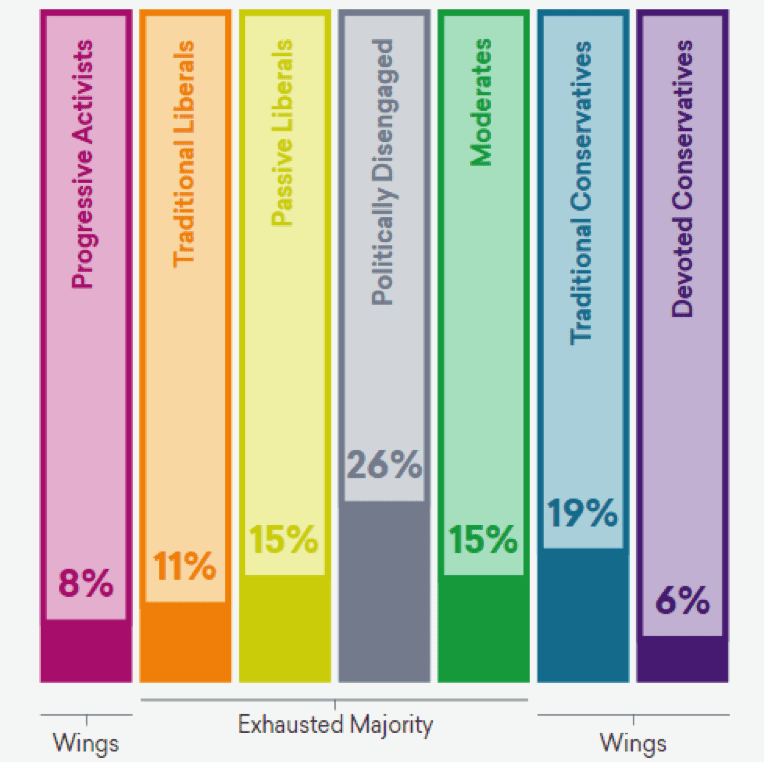
The report noted that while Progressive Activists, Devoted Conservatives, and Traditional Conservatives make up one-third of the population, labeled The Wings by More in Common, their perceptions drive the national dialog.
It also identified a much larger group that has been overlooked by the media: The Exhausted Majority. The Exhausted Majority consists of the other four categories in “The Hidden Tribes of America.” More in Common determined that members of this group are fed up with polarization, are often forgotten in the public discourse, are flexible in their views, and believe Americans can find common ground.
As it turns out, “The Hidden Tribes of America” revealed that a majority of Americans seem to want compromise, with 65% of the Exhausted Majority agreeing with the statement “[t]he people I agree with politically need to be willing to listen to others and compromise.” Conversely, only 51% of The Wings agreed with that statement, and 49% instead felt that it was more important to “stick to their beliefs and fight.”
A majority of Americans seem to want compromise.
What is needed is leadership, and back at John McCain’s memorial in late August, Karen Shaw, another Marine veteran from Minnesota, recognized that is exactly what the U.S. lost.
“He speaks his mind, and he’s not afraid to let people know what he thinks. As a Maverick, you never really knew what he was going to do…I think they lost a true leader.”
![Image [U.S. Marine veteran Karen Shaw, at the wake of Senator John McCain, August 31, 2018]](https://limacharlienews.com/wp-content/uploads/2018/11/Karen-Shaw.jpg)
But while many are stepping down in Congress, a surprising number of veterans have stepped up to fill those vacancies. There were over 200 veterans who ran as candidates in the midterm elections, and at least 16 will be joining Congress in January.
Hopefully, this is an upward trend.
Veteran representation in Congress has dropped significantly since the 1970’s, when veterans made up 81% of the Senate and 75.2% of the House. Veteran representation dropped to 20% or less by 2015. With more Republican and Democratic veterans running for Congress, and many who seem willing to put country over party, perhaps vacancies in leadership will be filled by those who are not only the most qualified to lead, but those who are the most capable of working together.
I hope that a lot of folks who are seeing this and hearing these stories are understanding the true essence of what the United States is about.
– Richard Gray, U.S. Marine
Outside the Rotunda in August, Capitol Building staff gave visitors a card from the McCain family, expressing appreciation for the many thoughts and prayers they had received in the past week.
Archie Elam stood nearby, taking pictures of a portrait of the late Senator. Elam, a West Point graduate from Connecticut, previously worked at the Pentagon and served in the First Gulf War. He met Senator McCain at an Army-Navy football game in 2016. The Army and Navy have a famous football rivalry, which reflects a larger interservice rivalry between the American military branches.
“[McCain] came over to the army side of the stadium to meet us, and talk to the team…. Hearing someone who had been under fire, and had seen the enemy up close, talk to a group of young people who knew that within a year they would be facing the same was very powerful.”
Elam lamented the fact that he might not see another leader like Senator McCain in his lifetime. “Hopefully, someone out there, is going to be the next version of him, and I think that’s going to be, probably, someone from your generation.” Considering the number of veterans who made gains in Congress this month, maybe it will be sooner than Archie expects.
![Image [West Point graduate Archie Elam at the wake of Senator John McCain, August 31, 2018][Photo: Alex Kish]](https://limacharlienews.com/wp-content/uploads/2018/11/Archie-Elam.jpg)
While it is unclear when the United States will see another leader like McCain, what was clear at his wake was a rare “truce of the water hole.” Both Republicans and Democrats came together to acknowledge his legacy, citizens and leaders alike. In this, it echoed the aftermath of President Kennedy’s assassination. At the time, 200,000 lined up at the Capitol Building to pay respects, marking a death which served as the last moment of national unity as the social upheaval of the 1960s got underway.
Rosalind Conway took a train from New Jersey just to pay homage to Senator McCain. Conway’s father was a U.S. Army Master Sergeant who fought in the Korean and Vietnam wars. “I’m a staunch Democrat, John McCain, to me, represents what a patriot is for this country. We are in turmoil on both sides of the aisle, and this is a time for us to remember what makes this country great.”
Suddenly, she was brought to tears by thought of Senator McCain’s passing and the recent death of her own father. “This gathering reminds us of what we are as Americans.”
[Note from the Author: I had the privilege of meeting Senator McCain at the American Embassy in Sana’a, Yemen in 2013. He promoted one of our platoon commanders. After the promotion ceremony, Senator McCain made sure to shake each Marine’s hand, regardless of rank, and thank him or her for providing security at the compound. It meant a lot to us.]
Alex Kish, Lima Charlie News
Alex Kish is a U.S. Marine veteran and a law student at George Washington University. He enlisted as an MP, and deployed to the American Embassy in Sana’a, Yemen as a security augment in 2013. Currently, Alex is a volunteer at Veterans Education Success, an organization that advocates for veterans rights in higher education.
Lima Charlie provides global news, featuring insight & analysis by military veterans and service members Worldwide.
For up-to-date news, please follow us on twitter at @LimaCharlieNews
In case you missed it:

![Image A Veterans Day call to a nation divided [Lima Charlie News]](https://limacharlienews.com/wp-content/uploads/2018/11/A-Veterans-Day-call-to-a-nation-divided-Lima-Charlie-News.png)

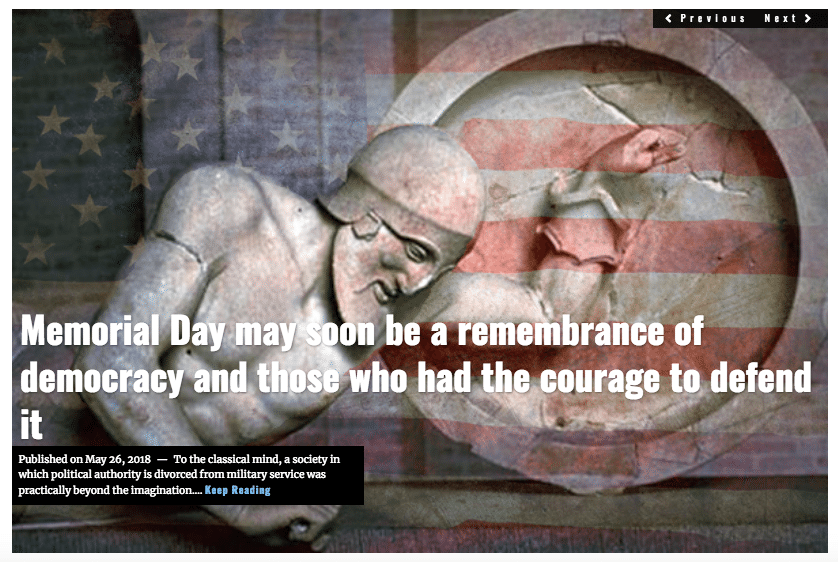
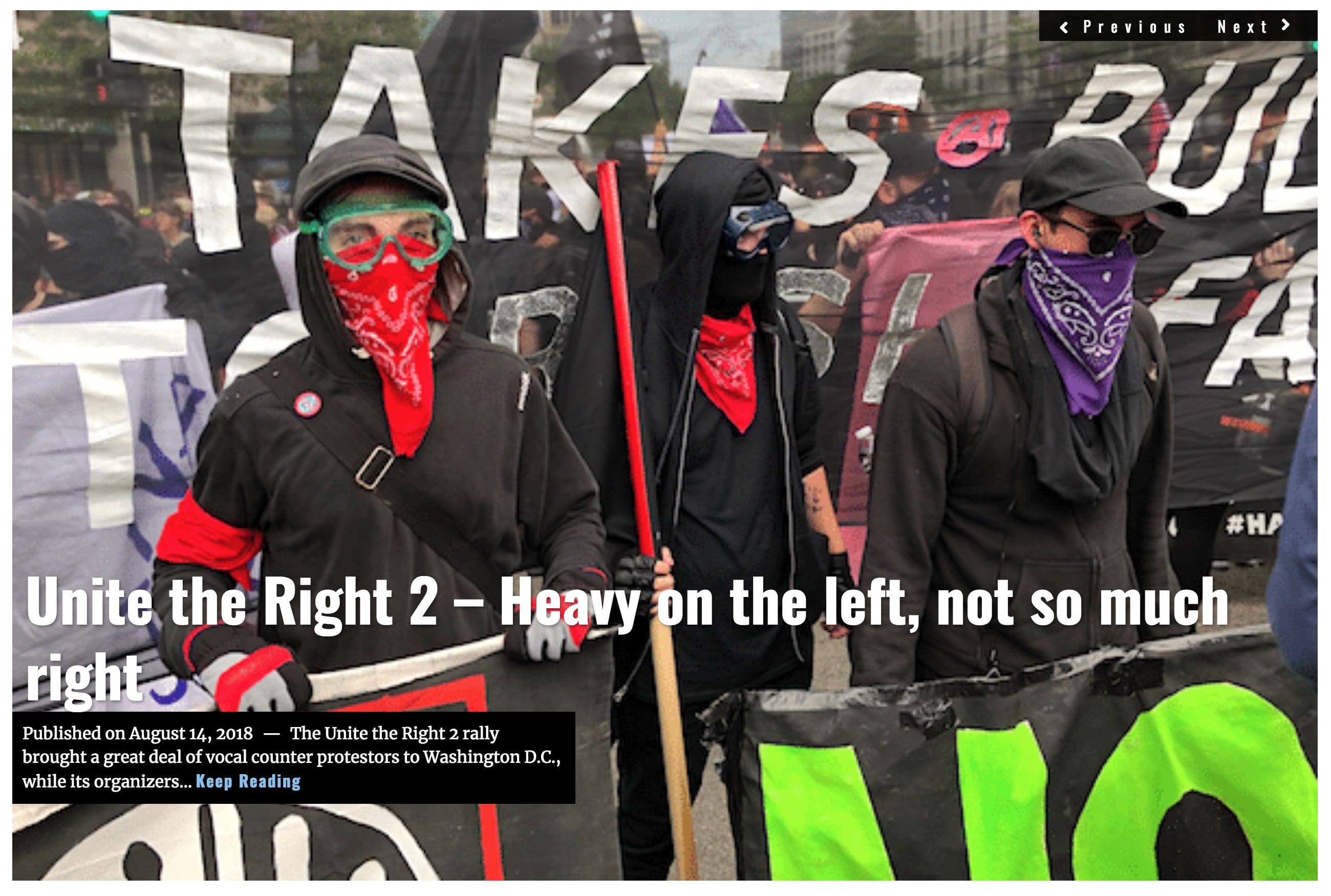
![Image Memorial Day may soon be a remembrance of democracy and those who had the courage to defend it [Lima Charlie News]](https://limacharlienews.com/wp-content/uploads/2018/05/Memorial-Day-may-soon-be-a-remembrance-of-democracy-and-those-who-had-the-courage-to-defend-it-Lima-Charlie-News-480x384.png)
![A Trump war crime pardon dishonors us all [Lima Charlie News]](https://limacharlienews.com/wp-content/uploads/2019/05/A-Trump-war-crime-pardon-dishonors-us-all-Lima-Charlie-News-480x384.png)
](https://limacharlienews.com/wp-content/uploads/2019/03/Remembering-Becket-A-mothers-search-for-answers-480x384.png)
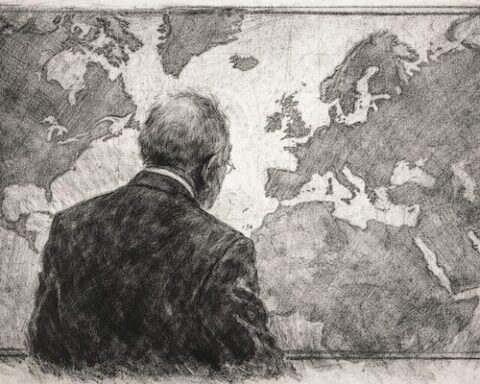

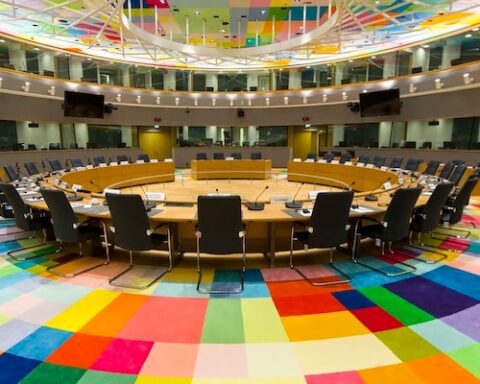


![Image Memorial Day may soon be a remembrance of democracy and those who had the courage to defend it [Lima Charlie News]](https://limacharlienews.com/wp-content/uploads/2018/05/Memorial-Day-may-soon-be-a-remembrance-of-democracy-and-those-who-had-the-courage-to-defend-it-Lima-Charlie-News-150x100.png)
![A Trump war crime pardon dishonors us all [Lima Charlie News]](https://limacharlienews.com/wp-content/uploads/2019/05/A-Trump-war-crime-pardon-dishonors-us-all-Lima-Charlie-News-150x100.png)